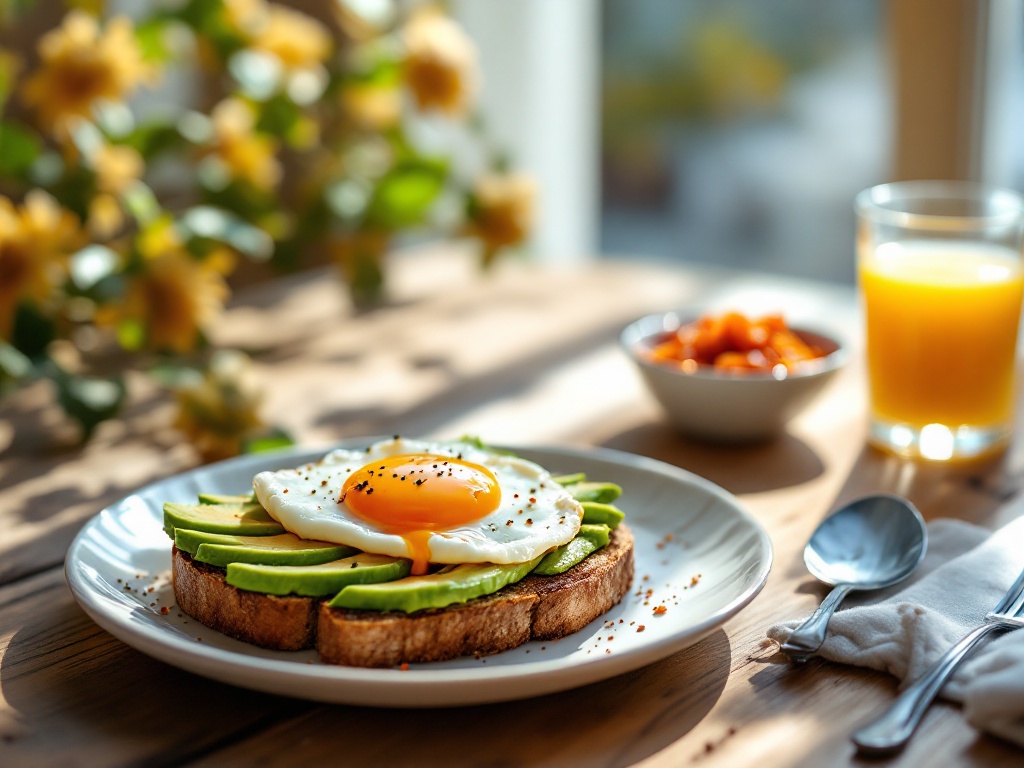You ever wake up feeling off and wonder… what if I could just talk to a psychiatrist right now without putting on pants or driving across town? That’s not lazy—that’s life with online psychiatry.
And in Austin, where things move fast and schedules change hourly, that level of convenience isn’t a luxury. It’s survival.
What Is “Online Psychiatry” and Why Does It Work?
Online psychiatry is exactly what it sounds like—professional psychiatric care delivered over secure, digital platforms. Think Zoom, but licensed. You can speak with a psychiatrist or psychiatric nurse practitioner for:
- Mental health assessments
- Mood disorder diagnoses
- Medication management
- Talk therapy or coaching
Here’s why patients love it:
- No driving across Austin traffic in 105-degree heat
- Evening/weekend appointments—perfect after long school or work hours
- Less stigma. Logging in from your couch feels a lot safer than sitting in a waiting room
What surprised me as a provider was how connected you still feel in a virtual session. You’d think something gets lost over a screen, but for most patients, being in their own space actually helps open up.

Telepsychiatry is especially great for young adults juggling study deadlines, job interviews, dating apps, and spiraling thoughts at 1 a.m.
Austin Docs, Digital Access: What’s Available Right Now
In Austin, comprehensive online psychiatric care (https://www.encorahealth.com/blog/online-psychiatry) is everywhere—but not all services are built for young adults. The best providers offer:
- Board-certified psychiatric specialists who get what you’re going through (think ADHD meets imposter syndrome)
- Personalized treatment plans that go beyond “try this med and see you in 3 months”
- Digital tools like secure messaging and virtual check-ins so care doesn’t end after your 45-minute session
And yes—insurance is typically accepted for Texas residents. Many teams even help you navigate coverage to avoid surprise bills. HIPAA-compliant portals and encrypted communication make privacy airtight.
One underrated perk? You can build a deeper relationship with your care team by being seen where you actually live—your dorm, your apartment, your post-H-E-B snack binge session.
Living with depression while trying to “adult” in public is hard enough. Online psychiatry lets you keep it real without shutting down.
The Real Mental Health Struggles Austin Young Adults Are Facing
Here’s what I see most often from young patients:
- Anxiety—from performance pressure, finances, relationships, you name it
- Depression that doesn’t always look like sadness (sometimes it’s anger, fatigue, or zoning out)
- Stress from career pivots or feeling behind
- AD(H)D—undiagnosed until college or early working years
Many young Austinites—students at UT or new tech hires—have no issue with digital tools. They use them daily for everything else. So why not mental health, too?
Key Takeaway: Online psychiatry = faster help, fewer barriers. If your brain’s out of balance, you don't have to wait weeks for a 5 p.m. Tuesday appointment across town. Start where you are—digitally.
Lifestyle Medicine Isn’t Just Juice Cleanses—It’s Data-Backed Mental Health Treatment
Most people think “lifestyle medicine” means yoga and almond butter. But what it actually does is attack mental health from the root—using food, movement, sleep, stress habits, and real routines.
At its core, lifestyle medicine is about changing how you live—not just what pill you take.
And in Austin, where mindfulness meets barbecue joints and trail runs, it fits right in.
The 6 Evidence-Based Pillars of Lifestyle Medicine:
- Nutrient-rich diet (think whole foods, plant-forward, not processed)
- Regular exercise tailored to your capacity
- Sleep consistency and hygiene
- Stress relief through tools like breathwork, journaling, or community
- Avoidance of risky substances
- Social connection and support

Pair integrative psychiatric and lifestyle treatment (https://www.encorahealth.com/blog/integrative-psychiatry-lifestyle) with psychiatry and you’ve got a one-two punch.
Most young adults don’t want to rely only on medication—and they shouldn’t have to.
The right care team will not only look at symptoms but also:
- Ask how you sleep
- Dig into your caffeine and sugar habits
- Look at your screen time and social connection
- Create action steps that feel doable today—not someday
I’ll never forget a patient in South Austin who told me, “I exercise so I can survive my job.” We rewired that mindset with small wins: walking meetings, protein-based breakfasts, and better wind-downs. Three months later, she was sleeping better and needed less anxiety medication.
That’s lifestyle medicine doing what it’s supposed to do: restore balance.
Why Austin Is the Perfect Place to Embrace Whole-Person Care
There’s a reason integrative health is booming here.
We’ve got:
- Clinics focused on functional and lifestyle medicine
- Dietitians trained in mental health nutrition
- Personal trainers who collaborate with therapists
- Wellness hubs using genetic testing to steer supplements and diets
This city attracts creatives, tech leaders, musicians, and students—all with unique rhythms. Lifestyle medicine meets you wherever you’re at in that chaos.
And the best part? It’s collaborative.
The top teams don’t silo care—they work together. Psychiatrists meet with dietitians. Mental health coaches sync game plans with physical trainers. Everyone’s aligned around your goals.
Key Takeaway: Treating mental health with both medication and lifestyle change isn’t woo-woo. It’s science, and in Austin, it’s how the most effective young adult-centered care is being delivered.
Pros and Cons? Let’s Keep It Real
Lifestyle medicine isn't a shortcut. But here’s the balance sheet:
Pros:
- Treats root-level issues (not just symptom suppression)
- Fewer side effects than brand-new meds
- Builds resilience for the long haul
Cons:
- Takes sustained effort—change is slow
- Not a replacement for meds in acute cases
Here’s what too many people get wrong: It’s not an either/or. It’s a “both if needed.”
Imagine using the right antidepressant to stabilize your energy while your care team teaches you:
- Which foods regulate your blood sugar for better focus
- How 10 minutes of sun walking each morning helps mood
- How to create stress protocols for bad weeks—not just good ones
That’s a system, not a Band-Aid.
Transitioning out: If you’re wondering how your diet and daily habits actually influence your mind—and what changes give you ROI in a week vs months—we’ll dive into that next. The science around food, movement, and mood might surprise you.
What You Eat Matters More Than You Think—The Gut-Brain Truth
Let’s get brutally honest: your brain isn’t thinking clearly on a breakfast of donuts and Red Bull.
And no, it's not just about weight. Food literally fuels your mind.
We now know that what goes into your gut directly impacts how you think, feel, and even make decisions.
Your gut microbiome—those trillions of bacteria—is like a backstage crew keeping your mental health performance running. Feed them right, and mood improves. Feed them junk, and you’re more likely to feel foggy, anxious, or moody.
Research from Harvard and the American Journal of Psychiatry shows:
- Diets high in processed food can increase depressive symptoms by up to 60%
- Omega-3s are tied to lower rates of anxiety and cognitive decline
- A plant-heavy, Mediterranean-style diet supports serotonin production

In Austin, I’ve worked with young adults who went from energy crashes and mood dips to feeling clear-headed and focused—just by changing their breakfast.
We’re talking:
- Swapping sugary cereals for eggs and avocado toast
- Adding fermented foods like kefir or kimchi to meals
- Learning when their body needs a protein snack instead of caffeine
And if you're thinking, “I don’t know what works for me,” that’s where testing comes in.
Top clinics in Austin now use genetic testing and microbiome analysis to build nutrition blueprints for each patient. No more guesswork. You can literally eat for your neurochemistry.
Key Takeaway: Your gut talks to your brain. Feed it whole, mood-supporting foods and you’ll start to notice a shift—fast.
Read more about lifestyle medicine expertise (https://www.encorahealth.com/services/lifestyle-medicine-specialist).
Movement as Medicine: How Exercise Rewires Your Mood in Real Time
Want a natural antidepressant that costs nothing, starts working in 10 minutes, and has zero side effects?
Exercise.
And no—we’re not talking bench presses at 5 a.m. unless that’s your thing.
Regular physical activity (especially aerobic) significantly cuts symptoms of anxiety, depression, ADHD, and even PTSD.
Here’s what science says:
- Just 20 minutes of moderate-intensity activity can boost endorphins and reduce stress hormones
- People who exercise 3–5x per week are 25–60% less likely to experience depressive episodes
- Movement improves executive function and focus—which helps with procrastination



.svg)


